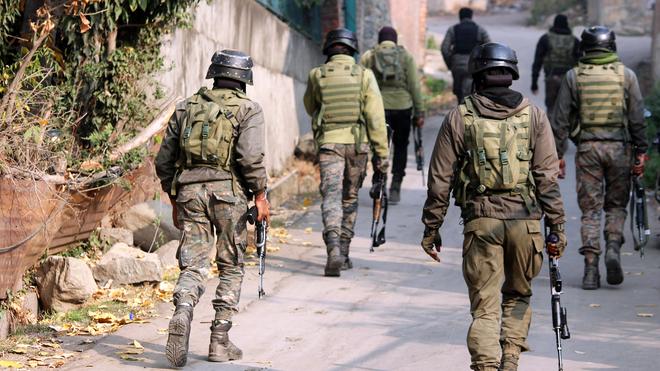By Ather Zia
On November 21, Khurram Parvez, the globally renowned Kashmiri human rights defender, completed two years in India’s maximum-security District Jail of Rohini. Parvez is symbolic of what has been called a large-scale crackdown on democratic dissent and human rights in the Indian-administered Kashmir. The pattern of Indian crackdown in Kashmir has grown exponentially under the rule of the right-wing Bharatiya Janata Party (BJP), a party that has been the political arm of the Rashtriya Swayamsevak Sangh (RSS) Hindu rightwing outfit since 2014.
In 2019, the Indian government unilaterally and militarily removed Kashmir’s autonomy. The policies of the Indian government have proceeded at an extraordinary speed, choking and diminishing any remnants of free space and expression. It has passed an array of laws to speed up its settler-colonial policies.
Since 1991, Kashmir has been under the Armed Forces Special Act (AFSPA) imposed to suppress the insurrection against the Indian military occupation. Even though official numbers vary, past reports have estimated around 700,000 Indian troops occupy the region. Kashmir is one of the world’s densest militarized regions and is often called an open-air prison. AFSPA requires prior “sanctions” from the government to prosecute any member of the Indian forces. The “sanctions” have been used as an immunity mechanism for Indian forces to shield them from prosecution for all criminal offences. Not a single member of the Indian forces deployed in Kashmir over the past three decades has been tried for human rights violations in a civilian court. Thus, Indian forces have acted with impunity and complete disregard for the civil and human rights of Kashmiris.
This story was originally published in globalvoices.org. Read the full story here .




